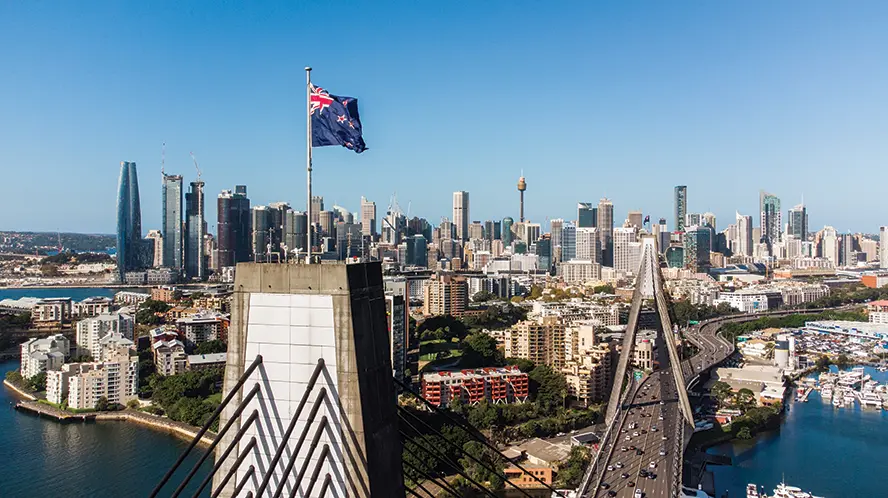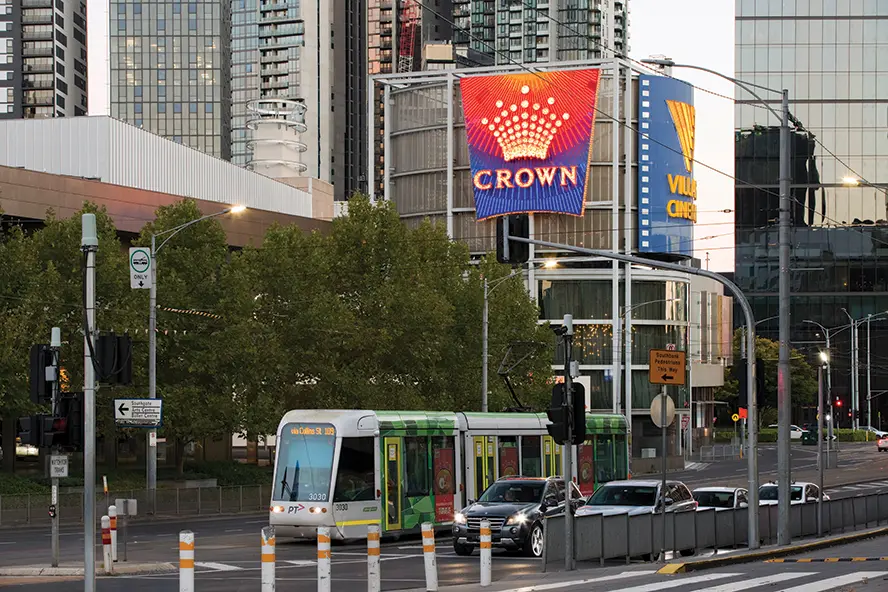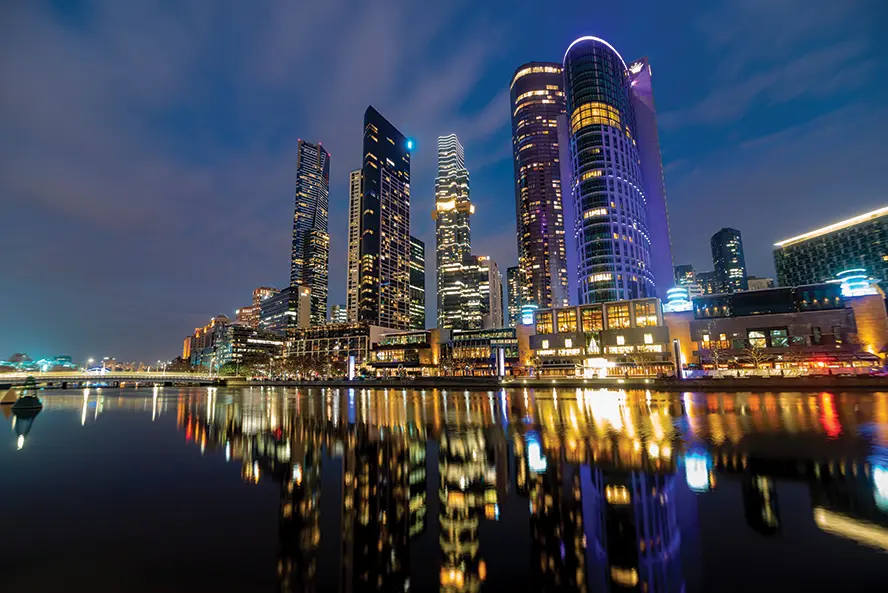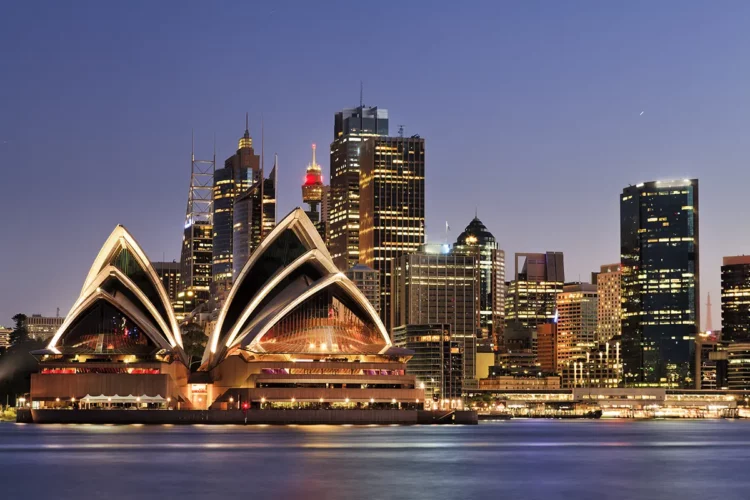In Part 2 of this examination of Australian casino regulatory policy, Dr Andrew Russell explores the downfall of the VIP gaming market in Australia and how domestic casino patrons are paying the price for industry and regulatory missteps.
As stated in Part 1 of this two-part series, casino regulation is driven not by economic efficiency concerns, but by the self-interest of policymakers. Policymakers want casinos to provide tax revenue and jobs, but to avoid being political liabilities (this is the primary reason why problem gambling is a problem to the government). The cost-benefit analysis began to change when Crown Resorts’ Chinese sales team was imprisoned for illegal promotion of gambling back in 2016, and soon thereafter Crown left the Macau market and the Chinese government began to crack down on citizens’ gambling visits to Australia (unsurprisingly, the Chinese Communist Party would much prefer its citizens to gamble in Macau). Expectations of an abundant supply of Chinese whales were substantially deflated, even though some limited “whaling” was still able to proceed.
 The projected benefits went down, but when current affairs program 60 Minutes broadcast a report on Crown’s junket links in 2019, Australia’s casino industry started to attract even more controversy. Further journalism on the subject followed. Crown took out full-page newspaper advertisements to contest the allegations made, but that did little to soothe the public’s worries about the casino industry as a whole (not just Crown) and speculation that the regulators were sleeping on the job, actively collaborating with the firms they were supposed to regulate and/or turning a blind eye to serious violations of the law. Casinos have always been controversial, even in nations with generally liberal political cultures, but these media reports only amplified the controversy and, consequently, the political discontent.
The projected benefits went down, but when current affairs program 60 Minutes broadcast a report on Crown’s junket links in 2019, Australia’s casino industry started to attract even more controversy. Further journalism on the subject followed. Crown took out full-page newspaper advertisements to contest the allegations made, but that did little to soothe the public’s worries about the casino industry as a whole (not just Crown) and speculation that the regulators were sleeping on the job, actively collaborating with the firms they were supposed to regulate and/or turning a blind eye to serious violations of the law. Casinos have always been controversial, even in nations with generally liberal political cultures, but these media reports only amplified the controversy and, consequently, the political discontent.
This triggered a regulatory crackdown. A critical thing to note is that all such crackdowns are, in part, performative exercises in public relations; they exist not merely to actually do something, but also to show the public that something is being done and thus soothe public discontent. As such, high-profile Royal Commissions were set up, casino licenses were suspended, large fines were imposed and plenty of regulations with no rational relationship to money laundering by international baccarat junkets were instituted, such as mandatory pre-committed time limits and loss limits for all slot machine players and an increase in the time each slot machine “spin” takes (thus slowing down the game).
 Not only did many of these measures have nothing to do with AML, they ended up indirectly punishing the casino’s patrons by resulting in more expensive gambling (for example, the Mahogany Room in Melbourne no longer has $50 blackjack tables, and all blackjack games in there now hit on a soft 17). In other words, the penalty for Crown’s misconduct is being paid by Crown’s patrons (and the same can be said for Star). These measures were clearly driven by politics at least as much as by legal and economic concerns. One cannot help but suspect, too, that some of these new regulations represent a stealth-prohibitionism – an attempt to regulate the Australian casino industry out of existence.
Not only did many of these measures have nothing to do with AML, they ended up indirectly punishing the casino’s patrons by resulting in more expensive gambling (for example, the Mahogany Room in Melbourne no longer has $50 blackjack tables, and all blackjack games in there now hit on a soft 17). In other words, the penalty for Crown’s misconduct is being paid by Crown’s patrons (and the same can be said for Star). These measures were clearly driven by politics at least as much as by legal and economic concerns. One cannot help but suspect, too, that some of these new regulations represent a stealth-prohibitionism – an attempt to regulate the Australian casino industry out of existence.
PAYING THE PRICE
It is true that Crown, Star and SkyCity all engaged in serious misconduct. Yet – and perhaps this is merely the perspective of a cynical economist – the fact that they did so seems less significant than the incentive structure that encouraged this behavior, and the role that Australia’s state governments played in creating that structure. One cannot help but wonder what would’ve happened if journalists hadn’t turned junket play into a salient political issue – would the governments have passively tolerated (or did they passively tolerate) money laundering in the name of importing tax revenue? In the aftermath of the last eight years, Crown is now owned by an American firm, the industry’s biggest players have all been severely fined, and new regulations (many economically unjustifiable and completely unrelated to money laundering) have been imposed. What are the prospects for this industry going forward?
 Firstly, as we are already seeing, it will be casino patrons who will pay the price. That price will take the form of worse odds and/or higher minimum bets, and reduced quality due to cost-cutting initiatives. All three big players in the industry expanded their operations and took on debt in doing so – eventually they will have to pay their debt and will do so with profits that are primarily extracted from the locals they have a monopoly over. Lower-tier VIPs – those who can afford to travel but not to wager several hundred dollars per hand for hours every day – may start leaving or ignoring Australia entirely and begin gambling in different markets, such as the Philippines and the USA.
Firstly, as we are already seeing, it will be casino patrons who will pay the price. That price will take the form of worse odds and/or higher minimum bets, and reduced quality due to cost-cutting initiatives. All three big players in the industry expanded their operations and took on debt in doing so – eventually they will have to pay their debt and will do so with profits that are primarily extracted from the locals they have a monopoly over. Lower-tier VIPs – those who can afford to travel but not to wager several hundred dollars per hand for hours every day – may start leaving or ignoring Australia entirely and begin gambling in different markets, such as the Philippines and the USA.
Secondly, we won’t see any Australian casino shut down any time soon. At most, we will see these casinos bought and sold, but state governments want the revenue from them and as such they will remain open. State governments will not regulate them to the point of economic unviability, nor will they take over the casino and attempt to run it themselves – private firms have industry experience and membership databases of significant players and also provide a scapegoat that policymakers can use to avoid being blamed for the results of their policies.
 Thirdly, it may very well be the case that the Australian casino industry’s prospects are only downhill from here. Zealous overregulation and over-taxation, combined with far fewer whales than initially anticipated, are not the only problems the industry faces. Non-Asian younger persons are far less interested in casino gambling than previous generations were, so even those monopolies over the locals market that are enjoyed by Australian casinos will become less lucrative – the Magic Pudding isn’t going to regrow like it used to.
Thirdly, it may very well be the case that the Australian casino industry’s prospects are only downhill from here. Zealous overregulation and over-taxation, combined with far fewer whales than initially anticipated, are not the only problems the industry faces. Non-Asian younger persons are far less interested in casino gambling than previous generations were, so even those monopolies over the locals market that are enjoyed by Australian casinos will become less lucrative – the Magic Pudding isn’t going to regrow like it used to.
In addition, younger people have many more alternative sources of entertainment to choose from than previous generations did, many of which are substantially cheaper than casino gambling, and Australian casinos are clearly not financially (or even legally) able to offer better odds and lower table minimums. Unless Chinese players return (which is arguably not going to happen unless China experiences a substantial change in government), or state governments radically deregulate the industry (which, again, is almost certainly not going to happen, the glory days are over for Australian casinos.


























